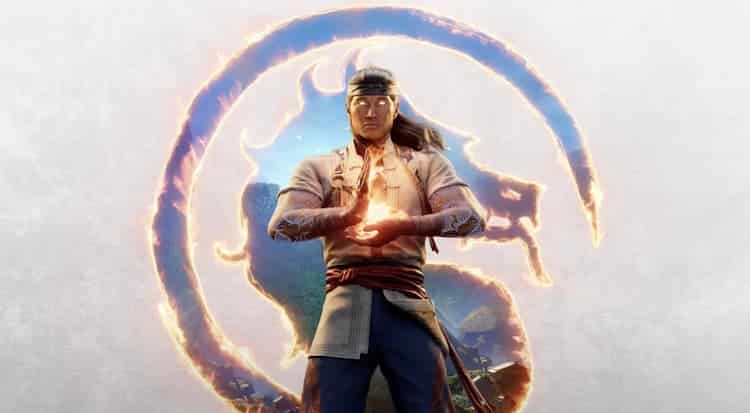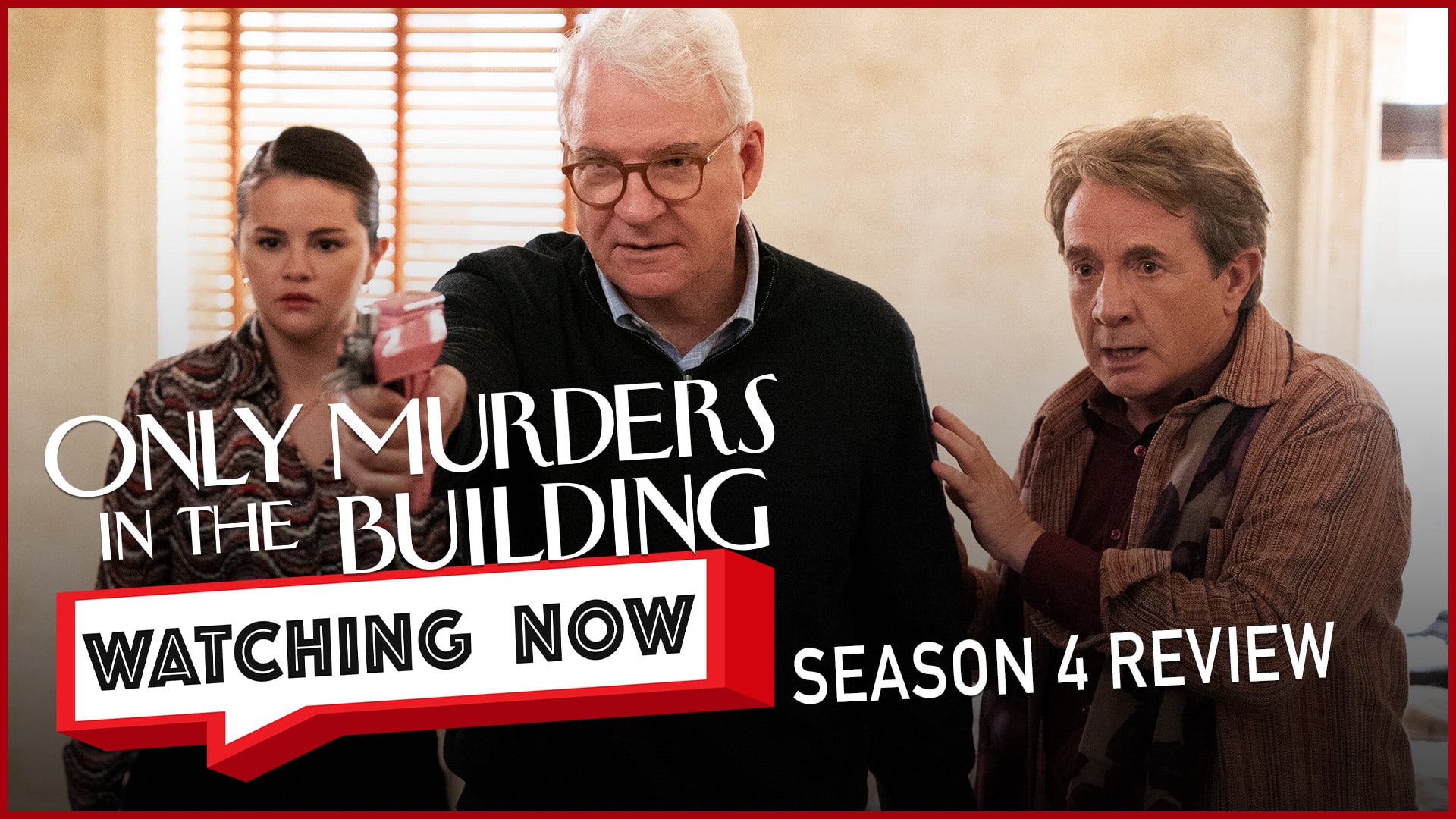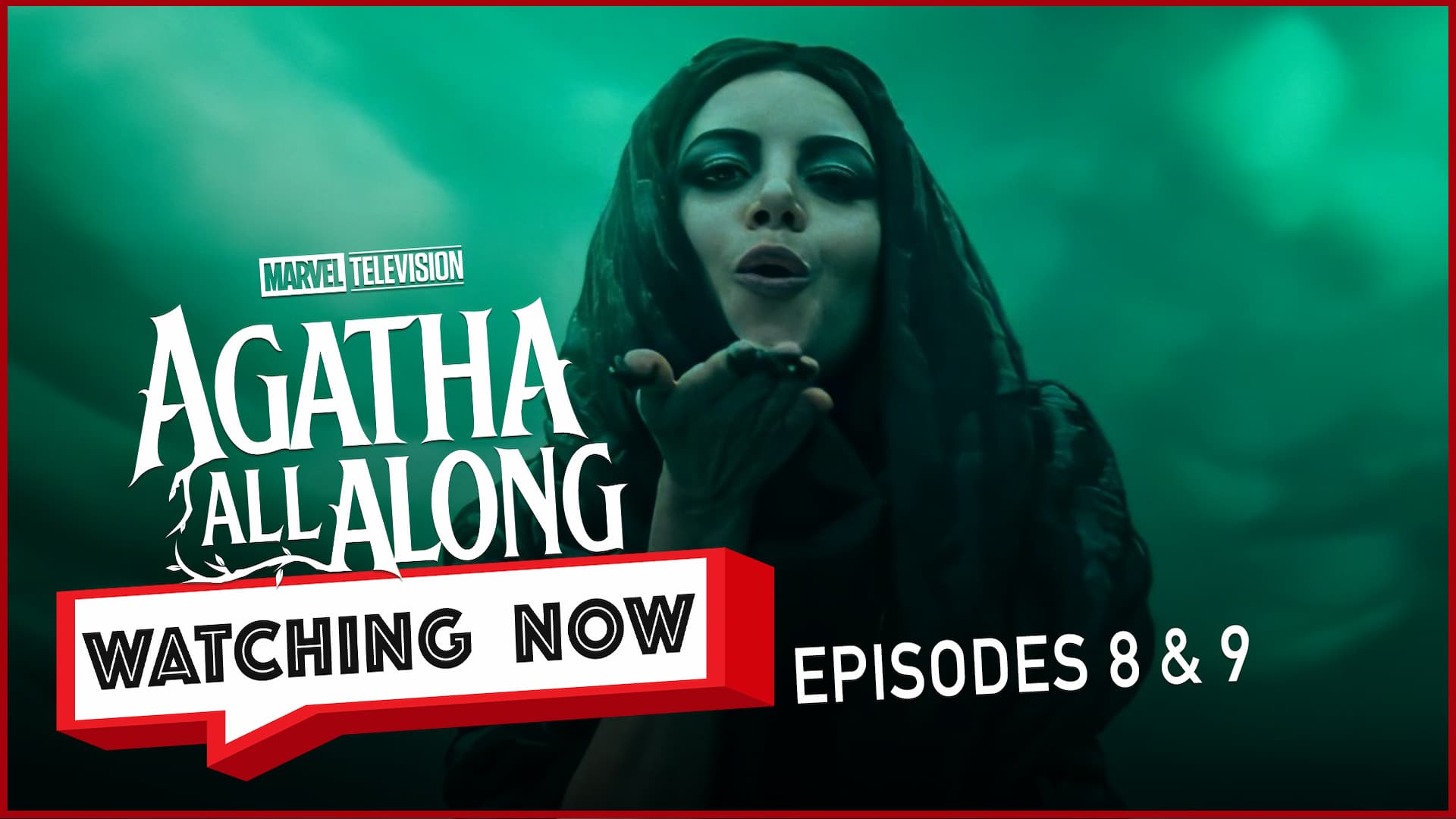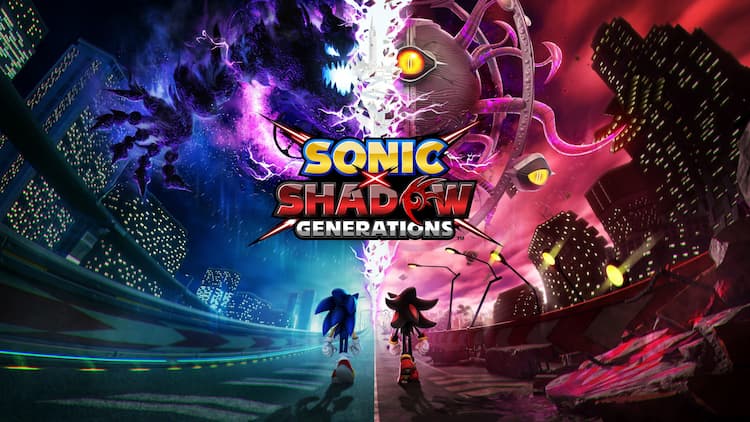
Mortal Kombat 1 is a pretty good fighting game, but the true appeal of NetherRealm Studio’s games is their excellent storytelling. Previously, I’ve talked about their constant need to reboot the franchise, and now, we get to see the fruits of that habit!
Chapter 1: A Whole New World
Let’s start with world-building. This game occurs after the last, where Liu Kang became the de-facto God of time in the MK universe.
Previous titles were a bloody and hopeless fight for survival to protect our world. Now, we find that the realms of Mortal Kombat 1 are a fight to maintain peace and maintain Liu Kang’s vision of a “better” world. However, the opening gives a fantastic insight into why character autonomy is crucial in this new setting. “It will be up to mortals to finish my work.”

One of the story’s most intriguing concepts is that no matter how much is manipulated, characters and the world itself will fight to re-assert their nature despite the new benign influence. The writers know how much to change and to not change characters beyond recognition. The tagline of this game, “It’s in our blood,” was an amazingly accurate marketing strategy, in my opinion.
These changes provide very earnest reasons for the characters to oppose Liu Kang. Despite all his competency, he cannot stop critical events or the violent nature of characters from reappearing. For instance, Kenshi is blinded once again. Because of this, you never know what will stick to your favorite characters. The stakes are very real and very entertaining as a result.
Every character’s backstory tells us something new about Liu Kang’s motives and hopes for this world. We can even see malice behind some of his actions in the fate of Shang Tsung, who is reduced to scamming peasants to survive as the world actively punishes him for his efforts.

Despite him being an unfeeling and psychopathic monster, you can’t help but think this could have been avoided had he been given a better start. The God of this world is flawed, giving us a reason to root for villainous characters as a possible lesser of two evils. The morally gray nature of the storytelling makes you question what previous incarnations of this world have taught us. What is actually right for these characters?
This is the most powerful strength of the storyline: what happens when self-righteousness becomes all-encompassing and exploring that. The power of Mortal Kombat has always been the plucky Earthrealmers fighting against more powerful threats from beyond. Now, we find Earthrealm is given a sizable advantage instead.
I don’t have much to say on the set pieces other than, holy moly, I love everything about how this game looks. The image below isn’t even a stage, and they went crazy on the details. C’est magnifique!

Chapter 2: It Builds Character.
While this is a rebooted universe, characters don’t really get a new backstory. In fact, the story goes out of its way to re-establish previous character traits, such as Kuai Liang’s scar and Ashrah’s sword Kris, but almost every character, bar one, has additions to their previous characters. Let’s see if it’s a positive change.
Firstly, we have wholly retconned characters such as Kuai Liang, originally the 2nd Sub-Zero, who now takes the place of Scorpion. The aim of this seems to be to have the two iconic ninjas be brothers. However, Hanzo Hasashi’s backstory appears to have been stolen and given to Kuai Liang, causing a lot of confusion for me.

I don’t see the nuance to this, given that being attached to “Scorpion” now means you’re attached to a completely different character with the same moniker. It will likely have Scorpion fans asking, “Where’s Hanzo?” It was a very strange decision for the series’ flagship character. Scorpion seems to me now to be branding like a can of Pepsi.
Raiden may not be a god anymore, but they give him a magic do-hickey, and he’s firing lightning everywhere again. In fact, his status as the new Mortal Kombat champion seems hollow, given that his destiny is predetermined. He truly is the new Liu Kang, effortlessly winning, except this time not through plot armor, but his benefactors’ hubris. A flaw with the story is that because of this, the character is sidelined despite being useful. Don’t get me wrong, Raiden has some excellent snark and admirable humility in this game. He just never has a chance to grow on his own.

Next, characters that are slightly changed but essentially the same. I absolutely love the new Mileena plot. Originally a clone, she is now a legitimate sister to Kitana, whom she was cloned from. However, she is infected with the Tarkat disease, turning her into a hideous monster without constant treatment. All the outworld court politics concerning her transformation drive the story in unique ways. Mileena has desires and shows herself to be very capable throughout the story. It’s not bad for someone who used to growl and do scary flirting constantly.

The addition to backstories already established is one of this game’s greatest strengths.
Villains like General Shao (Formerly Shao Khan) suffered from birth defects to explain the lack of strength they once had. This makes his relationship with Reiko far more respectful. While Shao remains a ruthless power chaser, he values his underlings more, noting Reiko also went through similar hardship in his introduction. Changes in hierarchy and attitude are vital reasons I enjoyed the story mode. The exploration of how a bloodthirsty tyrannical figure would behave without overwhelming strength is a very intriguing what-if scenario.

Finally, we have characters who have not changed. Kitana, as Kang’s ex-lover, is the same character, except in a happier family. An excellent example of a good change made by Liu.
Nitara is still a vampire lady. She’s voiced by Megan Fox. Personally, I think this was perfect casting. However, it seems clear to me that they stuffed Megan in a booth for a day and made her read off a few lines, then kicked her out into the street before she bankrupted their voice-over budget. Her voice acting has not been given the care and attention it should have, and that’s disappointing.
Oh, and Kung Lao is unchanged. He’s still trying to be the best but always in someone’s shadow. Liu couldn’t give his sworn brother a break. I feel so sorry for Kung Lao, give my boy the chance to be the hero, Netherrealm Studios!
Chapter 3: And Then That Happened
I’ve been trying to make this a non-spoiler review, so talking about how insane the ending is might be tricky. Consider skipping this part if you don’t want to be spoiled.
The ending to this story mode might be the worst and best thing to come out of modern Mortal Kombat. Acts 3 and 4 disregard the current Outworld takeover plot in favor of an all-out timeline war. Is this out of nowhere? Well, not exactly. There have been hints. Is this an attempt to cash in on multiverse mania? Absolutely. Using timelines as different multiverses to have an homage to the MK: Armageddon game is fine, but did you have to interrupt the current story to start an inter-timeline free-for-all? It’s incredibly jarring to go from exploration of the new status quo to the world ending seemingly out of the blue.

One of the best parts of this is that we finally forgo the formulaic mandate that every chapter’s character has to be the main hero. You get to choose the fighter who defeats the evil “Titan” threatening the timeline. I picked Raiden because I felt like, as the destined hero, he should be the hero of this game. Only to be told this was an alternate Raiden… Well okay? I guess that’s fine. Oh wait, Liu Kang steals the kill, then teleports me away. Making the whole ending segment kind of meaningless. I didn’t like that, but this is Liu Kang’s game. Every character in this game is linked to him, so it makes sense he should be the big hero here. I’m not complaining.

It was at this point, after finishing the story, that I understood. This game was about setting up the world. The ending resolves the last game’s time travel shenanigans and fully cements this new world as The new Mortal Kombat timeline. In my opinion, the best thing the next game could do would be to remove Liu Kang entirely and let this fledgling world fly.
Epilogue
Mortal Kombat 1 is a story that does many things correctly. It shows the new world in its entirety, why characters have changed, and the new status quo. As a showcase, it performs admirably; the characters are likable and given the attention they wouldn’t have gotten in the past. At the same time, things that are set in stone are visibly set in stone. Object and character permanence is a hard thing to establish in multiversal stories, and I believe they do that incredibly well here. What is it they say in Spider-verse? “It’s a canon event”.
Everything in this game looks phenomenal, right down to character design, backgrounds, set pieces, and even the characters’ facial expressions. I haven’t talked about these much because there really isn’t anything other than praise I can give them. It’s a visual spectacle that may as well be movie quality.
The flaws that exist in this story are flaws that have always existed in Mortal Kombat. Underutilization of concepts, characters being robbed of deserved outcomes, and simple lack of substance that constantly raising the stakes brings with it.
My final note is that of admiration for the writers. Despite a character like Shang Tsung being an unredeemable monster, they convincingly portray him as a victim of a heroic figure like Liu Kang, effectively utilizing Liu Kang’s vengeful tendencies to their full effect. A story like this that can convince you the hero is the villain and that the villain is completely justified in his murderous actions is one that I believe deserves a very high level of praise, and I would wholeheartedly recommend watching for yourself.




